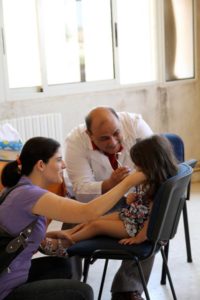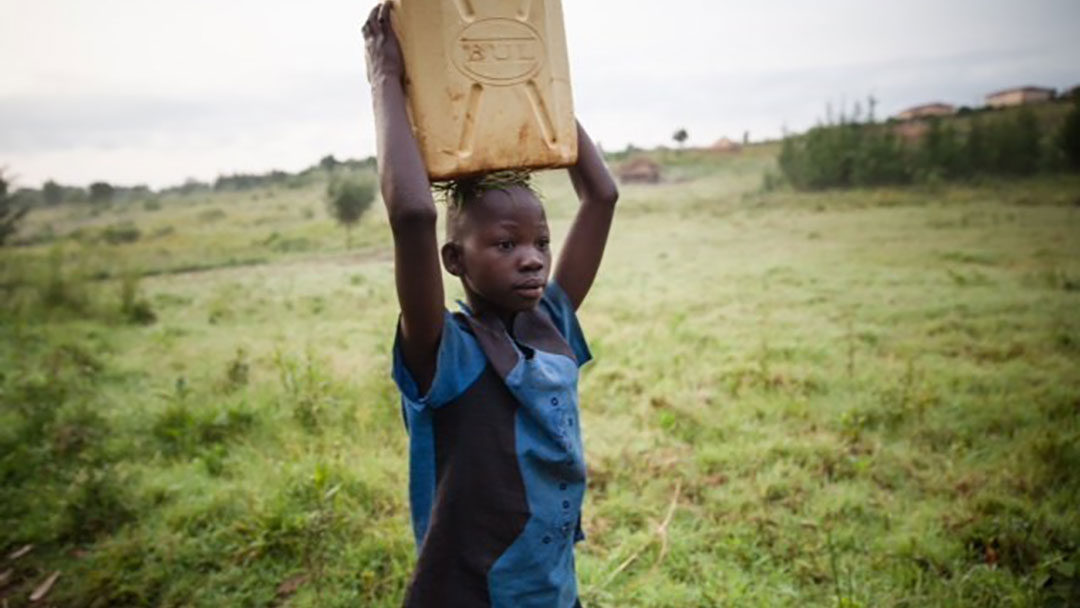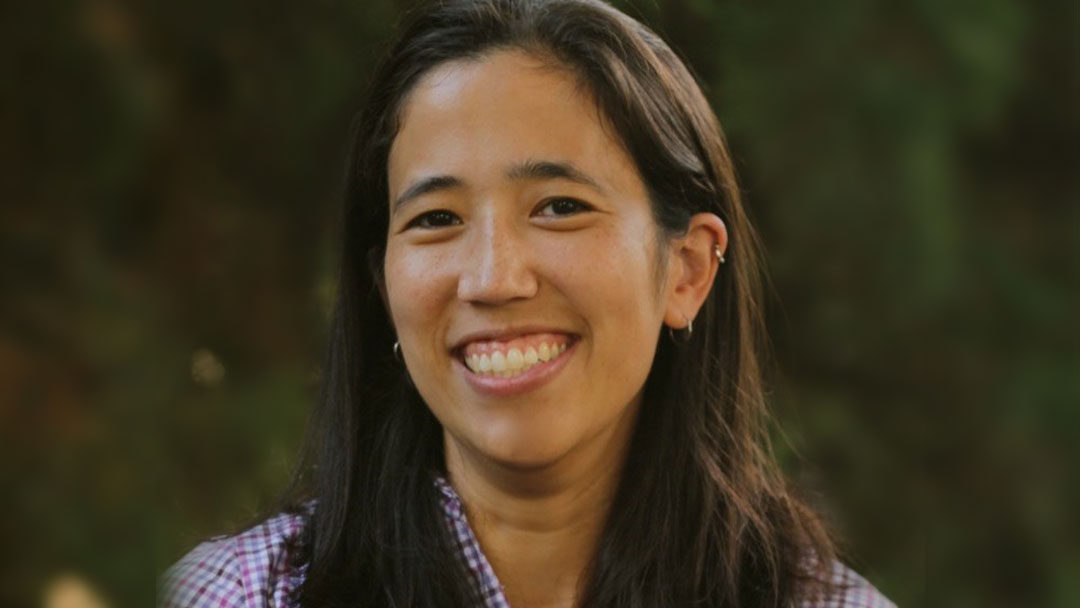Health Outreach to the Middle East
 Health Outreach to the Middle East (H.O.M.E.) is a Christian, interdenominational organization that exists to bring physical, psychological and spiritual healing to poor and suffering people in the Middle East in the name of Christ. M3 welcomes them back as a 2017 exhibitor and sponsor presented by Houston’s First Baptist Church.
Health Outreach to the Middle East (H.O.M.E.) is a Christian, interdenominational organization that exists to bring physical, psychological and spiritual healing to poor and suffering people in the Middle East in the name of Christ. M3 welcomes them back as a 2017 exhibitor and sponsor presented by Houston’s First Baptist Church.
For a multitude of reasons, from civil wars, political and economic difficulties, to resource scarcity, many impoverished people live in this part of the world and are deprived of appropriate healthcare. The mission of H.O.M.E. is to provide adequate and high-quality healthcare services to even the poorest of the poor.
What sets H.O.M.E. apart from other non-profit and faith-based organizations is the fact that its leaders are Bible-believing physicians who are themselves from the Middle East and are also well connected with other healthcare workers from that part of the world. This important characteristic is worth noting because time and again, this has helped H.O.M.E. break through the political, religious and cultural barriers that exist, and as result, make way for a more fruitful and efficient ministry. In addition, H.O.M.E. donations are unique in that 100{bd7f8e2d133bf486d98a00244c5aa53d6526e7c3721b9f96c748f20cd45af0ef} of contributions go directly to the mission field; H.O.M.E. administrative costs are covered through external funds.
Founded in 1990, H.O.M.E. was birthed by God in the hearts of Middle Eastern Christians in North America, as the answer to His calling to share the healing love of Christ with all the peoples of the Middle East, regardless of their race, color, religion, or geographical/political status.
H.O.M.E. currently supports 18 low-cost, Christian medical clinics, hospitals and medical projects throughout the Middle East in Egypt, Iraq, Jordan, Lebanon, Syria, and South Sudan with hopes to expand in the near future into North Africa. Come visit H.O.M.E. to see how you can be involved.

Kevin
Every morning, Kevin wakes up in the deep blue of early morning. Like many other 12-year-old girls in Papoga, Uganda, she promptly starts her chores before going to school. She sweeps around the hut she shares with her sisters, gathers water from a nearby spring, and washes a stack of the previous night’s pots and pans.
The morning fog still hangs on the eucalyptus and cypress tress as Kevin bathes, puts on her sky-blue uniform, and walks to school down a dirt road. She passes through a vibrant community of early-risers: farmers in the fields, artisans in shops, and other students with books in hand. By the time the African sun warms the red clay soil schoolyard, Kevin greets her friends with a smile and heads inside the tin-roofed, red-brick schoolhouse to resume her studies. Her favorite class, she says, is English.
This is where she and her classmates encounter International Medical Outreach. In Kevin’s community, IMO’s intestinal parasite prevention and treatment program aims to improve the health of these students – through medication, health education, access to clean water and shoes, and improved sanitation.
Life in Papoga can look laborious and demanding to those of us on the outside. Indeed part of our job is to look at the state of their health in such a setting and find ways to improve it. However, beyond all else, the setting and the people within it remain shockingly beautiful.
The most effective health professionals can see beauty in even the most broken bodies. They see potential in the poverty-stricken and light in the darkness. Where they see suffering, they also see a joy that only those who have truly suffered can know.
Kevin knows joy. It’s not our job to introduce it to her. Our job is to work with students like Kevin to compound joy with health, so that the beauty that exists can last.
By Austin Price
Community−What the South Teaches the West
It was my first visit to Africa. I was working at Tenwek Hospital in Kenya in Casualty, which is what they call the ER there. I had only been there a couple weeks when I got the chance to care for an eight year old boy who had come in for appendicitis a week prior. His wound was infected and his parents had brought him to be evaluated. After assessing his abdomen, his old chart was brought from Records and I saw the bill for his surgery and hospitalization. But before I could make sense of a bill for several thousand Kenyan shillings, I needed to know something about the cost of living in the region, so I asked a nurse.
“How much does it cost to feed a family of four for a month here?”
It was a question that only made sense in the West and she corrected me immediately.
“A family of four? You mean a family of ten.”
“Yes, [laughing], a family of ten.”
“Well, that’s easy. You have your maize, your vegetable and your milk.”
“OK. How much does the maize cost?”
“Oh no, that comes from your fields. That is free.”
“What about the vegetable then?”
“What you don’t grow in your garden may cost a few hundred shillings a month.”
“Alright, then what about the milk? How much does that cost?”
“No no, you don’t understand. That comes from your cow or cows. That also is free.”
Frustrated but undeterred I pressed, “How much does a cow cost then?”
She quoted me a price precipitously close to the cost of that boy’s surgery. The logical conclusion came immediately to my lips, “Then this family, to pay for their son’s surgery, will have to sell their one cow?”
“Yes, or part of their land.”
I thought of how much I had brought with me on that trip. Could I survive for the next couple weeks five thousand shillings poorer. We had to do something so as to not break the financial back of this family.
She continued, “But don’t worry. Everyone in the family and the village will contribute something so that they don’t have to sell their cow or their land.”
I was appropriately humbled. I had such a short grasp of the way life worked in Kenya, and, as it turned out, worldwide. It seems to me that the Lord had a special lesson in for me and our team in that moment. We exist in relationship. We belong to each other.
We work so hard to insure against disaster and loss. We hedge our funds and diversify portfolios and stock our fridges and pantries. We erect better walls, build better fences, affix better locks and install better safes. And though I don’t want to speak against prudence and planning, I note in my own heart that in doing so, I often neglect the more difficult task of knowing and meeting the needs of my neighbor. Those relationships take time, take effort. And even less do I make myself really vulnerable, speaking my true needs to my community.
I impoverish myself of relationship when I live as if God has not deliberately placed me in a community with strengths that serve me in my need (and which needs me to volunteer my resource for their needs). That is the lesson that Kenyan family and village taught me way back then. They enriched my soul without knowing and without trying.

A Life Well Lived
I first met Sarah at the Prescription for Renewal conference in Asheville, North Carolina. She had just finished her surgical training program and was so excited about beginning the Samaritan’s Purse/World Medical Mission 2 year post-residency training program. Her heart’s desire and dream was to be a career missionary surgeon. She had been assigned to Mukinge Mission Hospital in Western Zambia.
The next year I spent several months with Sarah at Mukinge. She was a talented and gifted surgeon and she was a caring and compassionate doctor. She was immediately embraced and loved by her colleagues at Mukinge. She had such great vision for the future of Mukinge—a new operating room complex, perhaps a PAACS surgical training program. She was actively putting down roots to serve at Mukinge for the “next 35 years”.
I last saw Sarah at Mukinge in July of last year. She was one of the first people that I asked to speak at our M3 conference coming up the following February. She was so excited to be a part of this first conference. Sarah mentioned that she had been sick for the past few weeks with probably just a viral illness. Little did we know that just a few weeks later she would be diagnosed with Stage IV breast cancer. Despite great care and aggressive treatment, Sarah’s tumor progressed. And on Wednesday afternoon, she passed from this life to the next. From the loving and tender care of her family to the loving and tender care of her Heavenly Father.
All who knew and loved Sarah are grieving her loss—from her immediate family in Indianapolis to her many friends all around the country to her extended missionary family around the world. She will be greatly missed. Sarah will not speak at our conference this year. But she spoke clearly with how she lived her life. Her example of genuine devotion to Jesus, her desire to give her life away for others, her radical obedience to what she felt like God called her to—will live on as a legacy that will continue to inspire and challenge us all. -Paul Osteen
You can read Dr. Kent Brantly’s tribute to Sarah here.
May 7th, 1981 ~ January 13th, 2016